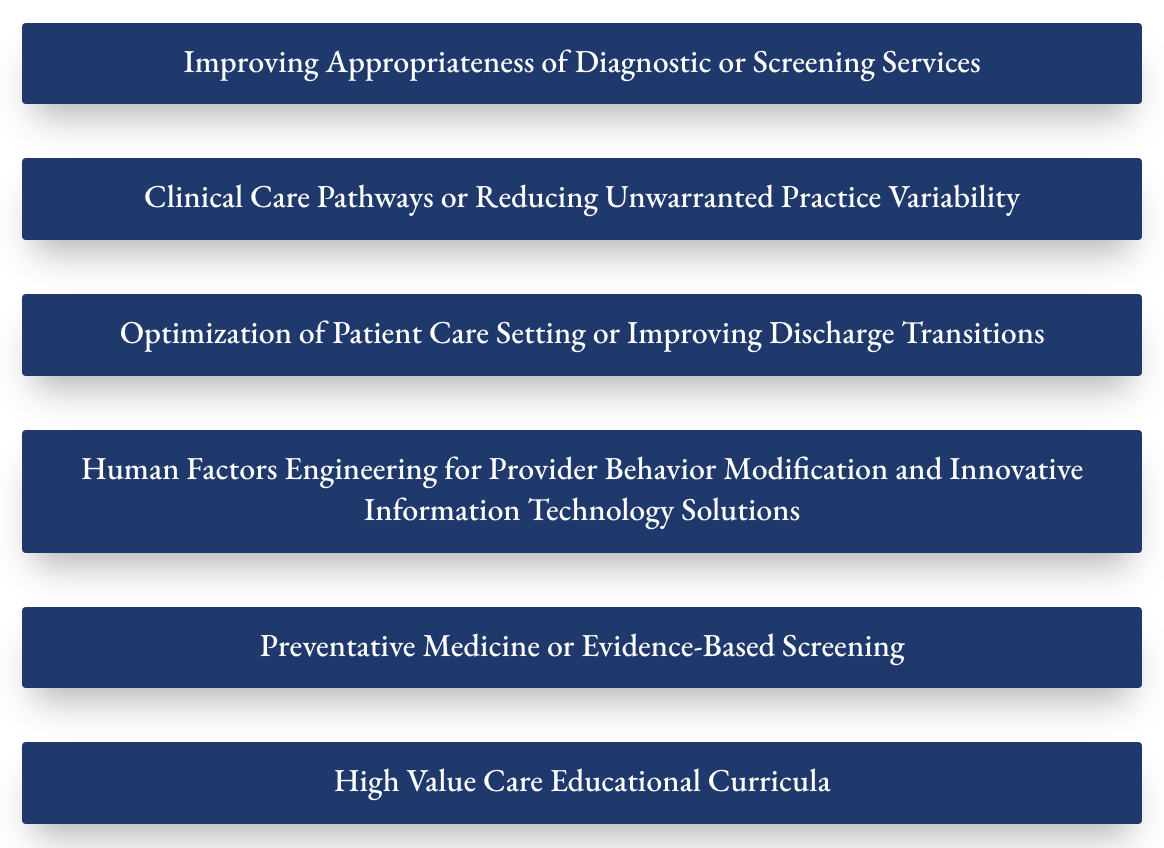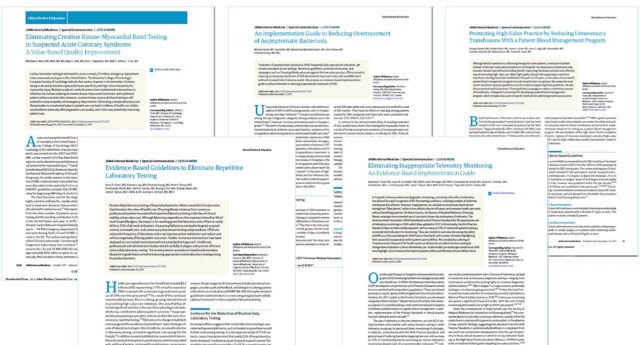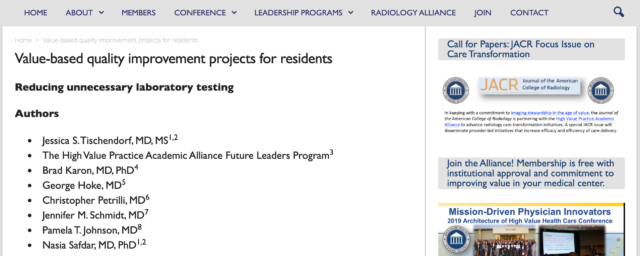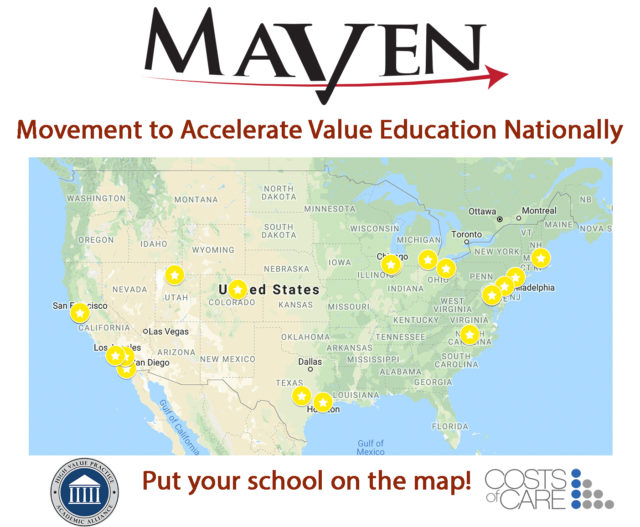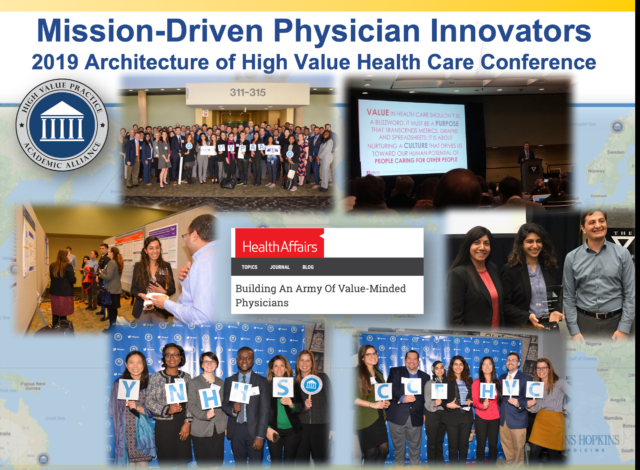From the 2018 HVPAA National Conference
Christopher King (University of Colorado School of Medicine), Remus Popa (University of California Riverside), Robert Fogerty (Yale New Haven Health System), Deepak Agrawal (University of Texas Southwestern Medical Center, Dallas, TX;), Kshitij Thakur (Crozer-Chester Medical Center), Pamela Johnson (Jhu), Kencee Graves (University of Utah School of Medicine), Giri Andukuri (Creighton University Medical Center)
Background
Physicians are estimated to be responsible for 80% of national healthcare costs. It is imperative that physicians in training understand the key concepts of healthcare value. The High Value Practice Academic Alliance (HVPAA) developed a national curriculum and mentorship model for residents titled the Future Leaders Program (FLP).
Objectives
At the end of the program, Future Leaders, comprising residents and fellows, will be able to:
- Define value in healthcare.
- Describe how to approach change management in a quality improvement project.
- Discuss leadership as it pertains to healthcare.
- Identify pitfalls in carrying out a high value care focused quality improvement initiative.
Methods
The curriculum directors of the FLP identified three key areas for resident leaders to focus on in order to better manage value based quality improvement initiatives. The three key areas and their curricular elements are: Understanding value and cost in healthcare which is taught using the Dell Medical School High Value Care Modules, practicing key skills in carrying out a value based quality improvement project which is addressed using the IHI Open School and through local and national mentorship, and understanding how leadership impacts successful improvement projects which is addressed through a series of online videos with a conference call debrief with learners’ national mentor. The program utilizes a combination of web based modules as a foundation to introduce topics due to the geographically disparate learner cohort, and faculty mentorship both at the local and national level to help learners develop the skills necessary to carry out a high value care focused project at their home institution, the capstone of this program.
Results
The initial cohort of this innovative, national educational initiative encompassed 77 residents and fellows. The most popular targets for their quality improvement projects were gastroenterology related disease/treatments, health system throughput, decrease in daily lab ordering, and appropriate radiology ordering. To date at least 50% of the projects are on track for completion as planned or are already completed, while others need more aggressive interventions and restructuring to succeed.
Conclusion
In the first year of the Future Leaders Program, we were able to select online modules and identify which modules are most useful to residents and fellows nationally with a varied level of experience. We discovered that one of the main barriers to success in quality improvement project completion is local mentorship and time that can be devoted to complete modules. We have adjusted our application and selection process to account for this in the upcoming second year of the program. Finally, we underestimated the desire our learners would have to connect with their national mentors on a more frequent basis and have re-designed the curriculum to allow for this in the coming year. In a survey of participants at a workshop describing the Future Leaders Program, 70% of attendees did not have a High Value Care curriculum at their institution underscoring the need to continue this program.
Implications for the Patient
The FLP has demonstrated that there is a large cohort of energetic residents and fellows interested in solving the value crisis. By arming these future leaders with the tools necessary to create impactful work at the frontlines, our program has been able to impact patient care outcomes across the country.
